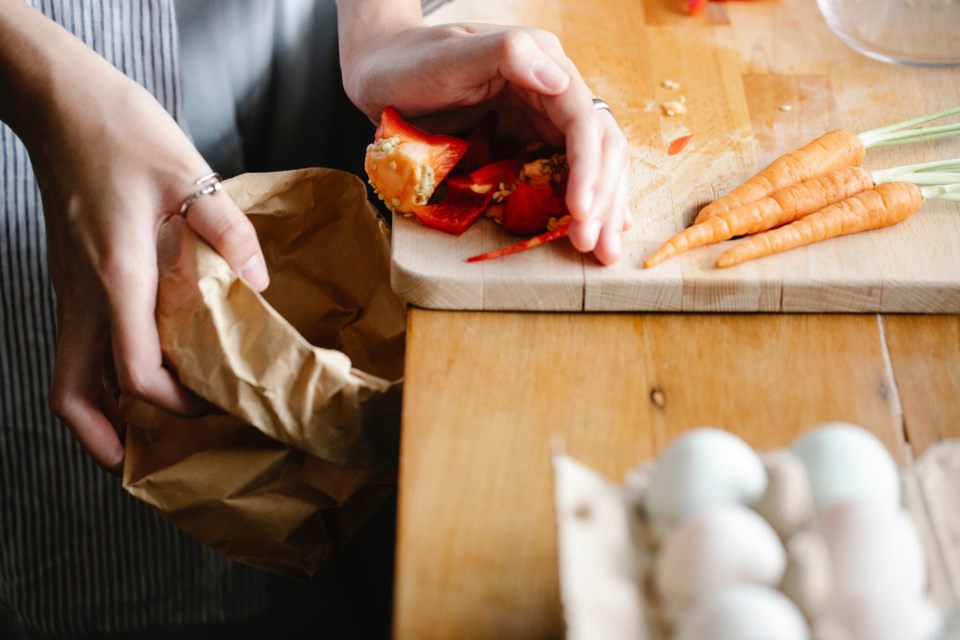Food waste is a waste. No matter how you look at it, it’s bad for our society, it’s bad for our economy, and it’s bad for our planet.
When food ends up in a landfill, it generates methane, a greenhouse gas that is 25 times more potent than carbon dioxide.
According to Second Harvest, nearly 60 per cent, or 35.5 million tonnes, of the food produced in Canada is lost and wasted annually, amounting to a $49-billion impact on our greater economy. There are many sources of this waste, like loss at the farm, waste at the manufacturing plant, unsold product in grocery stores, and food not eaten by consumers at home. But, regardless of the source, we can all agree any amount of waste is too much.
Here in Orillia, our store is on a mission to end food waste, and we’re doing this in a way that also supports our community. Thanks to a partnership with The Sharing Place Food Centre, we divert food items including meat and bread nearing its expiry date from landfill by making sure it goes to those who need it most. We also set aside any damaged packaged school snacks, which are then distributed by a local school nutrition program run by The Sharing Place. Frozen items including deli meats close to expiry or food items donated by our customers are given to our local men’s shelter. It is a good feeling to know we can repurpose food waste to provide a family or an individual with a meal.
But, what about food from our store that is no longer OK for people to eat? In this case, we’re reversing the food life cycle by taking waste from table to farm.
Here are some of the innovative ways grocers like me are reducing food waste that is no longer fit for human consumption:
The power of biogas
Working with organizations like ZooShare Biogas Ltd., we’re supporting a new and innovative way to transform food and animal waste that would otherwise end up in landfill into biogas to power the electricity grid. The first of its kind in Canada, ZooShare converts thousands of tonnes of animal manure and food waste from grocery stores, restaurants and other businesses into renewable power. In Ontario, ZooShare generates 4.1 million kilowatt hours of energy each year from biogas, which is enough to power about 250 homes.
Feeding Canadian farms
Through organizations like Loop Resource, stores support local farmers across the country by repurposing food not fit for human consumption into animal feed. Partnerships like this help stores send millions of kilograms of food waste to more than 1,000 farms.
It is time to put an end to the cycle of food waste. We are committed to sending zero food waste to landfill by 2030, but we all have a role to play, from farms to stores to our homes. Together, we can make sure no waste goes to waste.
Jason King is the franchisee at Jason’s No Frills Orillia.
